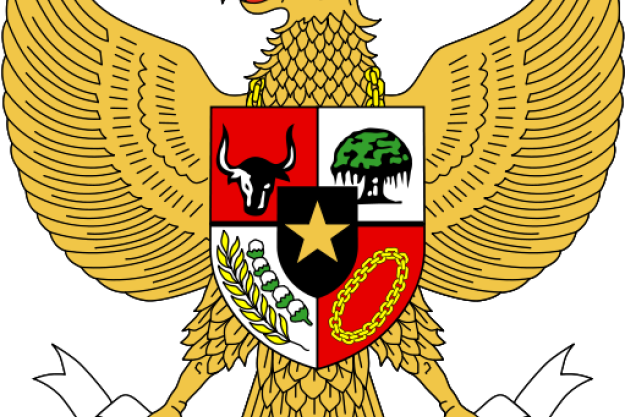
Press Release issued on 22 February 2008 by the Directorate of International Security and Disarmament, Ministry of Foreign Affairs, Republic of Indonesia.
On 19th February 2008, the House of Representatives of the Republic of Indonesia unanimously endorsed the Law on ‘the Use of Chemicals and on the Prohibition of the Use of Chemicals as Weapons’.
The law prohibits to develop, produce, otherwise acquire, stockpile, and/or retain chemical weapons; transfer, directly or indirectly, chemical weapons to any other person; use chemical weapons; engage in any military preparations to use chemical weapons; involve, assist, encourage and /or induce, in any way, a person to engage in activity prohibited to a State Party under the Convention; use a riot control agent as a method of warfare. Moreover, the Law regulates the use of chemicals for peaceful purposes and for that end, encourages international cooperation.
The Law consists of provisions that, among others, give penal sanction. Any person who contravenes the provisions will be punishable by death penalty or life sentence or imprisonment for a term at a minimum 3 years and at a maximum 20 years with a fine not exceeding 15 billion rupiahs.
Indonesia ratified the Chemical Weapons Convention in 1998. The enactment of the Law on the Use of Chemicals and the Prohibition of the Use of Chemicals as Weapons reaffirms Indonesia’s strong commitment to the full implementation of all provisions of the Chemical Weapons Convention. By implementing the Chemical Weapons Convention effectively and in full, Indonesia contributes both to strengthening the global chemical weapons ban as well as the international community’s efforts to prevent the spread of weapons of mass destruction.
The Chemical Weapons Convention is an international multilateral disarmament treaty, which bans the development, production, stockpiling, transfer and use of chemical weapons. It is the first Treaty to require the complete and verifiable elimination of an entire class of chemical weapons. The CWC came into force in 1997 and has already attracted 183 countries which also became States Parties to the CWC.
